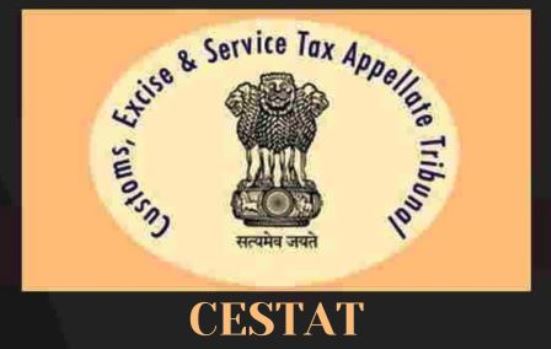Anurupa Pal
Published On: March 14, 2022 at 18:18 IST
The Mumbai Bench of the Customs, Excise and Service Tax Appellate Tribunal (CESTAT) consisting of Dr. Suvendu Kumar Pati (Judicial Member) has allowed the Central Value Added Tax Credit (CENVAT) even when the Goods were not Classified as “Capital Goods” by the Supplier.
The Appellant received Invoices from the Supplier Which were Nature of Components of Machinery used for Manufacturing Goods under Chapter No. 84798970.
While Central Value Added Tax Credit (CENVAT) Credit was Denied to the Appellant on the Ground that in Certain Invoices under the name of same Goods “Steel Furniture” has been mentioned with Chapter No. 94032010.
The Adjudicating Authorities refused the Credits holding that the Supplier of the Goods had Classified the Goods under Chapter 94032010 and Goods falling under that Chapter are not Covered within the Definition Of “Capital Goods” as Provided in Rule 2(a) of the Central Value Added Tax Credit Rules 2004.
Counsel for the Appellant highlighted the Sample Invoice and stated that, in a normal course staff in-charge of preparation of the Invoice put the Heading and Sub-Heading in the Invoice mechanically with a broad description for which an error in reflecting the name of Goods and Chapter Heading, had occurred, but in the Body of the Invoice, where the name of the Articles was mentioned they put the correct Description.
On the other hand, the Authorised Representative for the Respondent Department Argued that the declared classification by the Manufacturer when accepted by the Central Excise Officer, Consumer cannot get classification changed to any other Heading and therefore interference in the Order passed by the Commissioner (Appeals) by the Customs, Excise and Service Tax Credit was uncalled for.
It was held that it was immaterial if the supplier of the item had made a wrong Classification; the actual Classification and the Eligibility for Central Value Added Tax Credit were dependent on the actual usage of Goods, and therefore Central Value Added Tax Credit was admissible to the Appellant.
Also Read: Is Nikon Eligible for BCD Exemption under ITA: Question referred to Larger Bench of CESTAT

